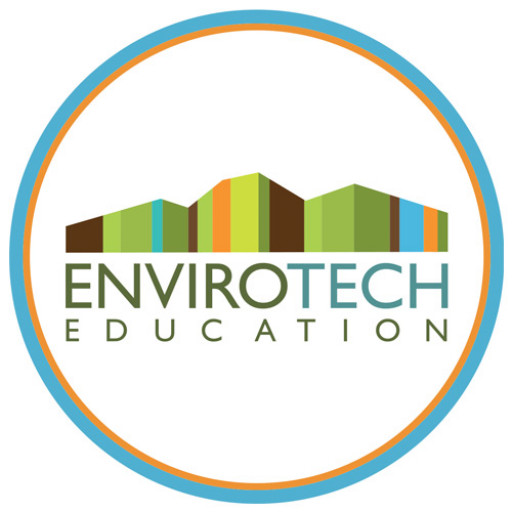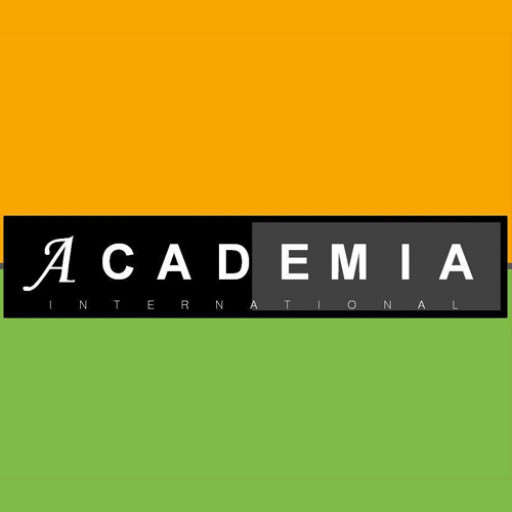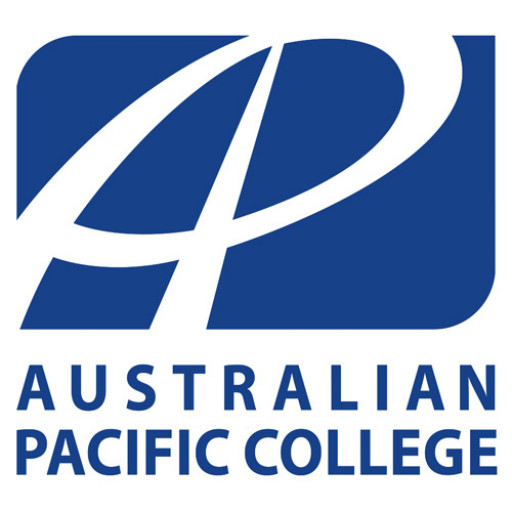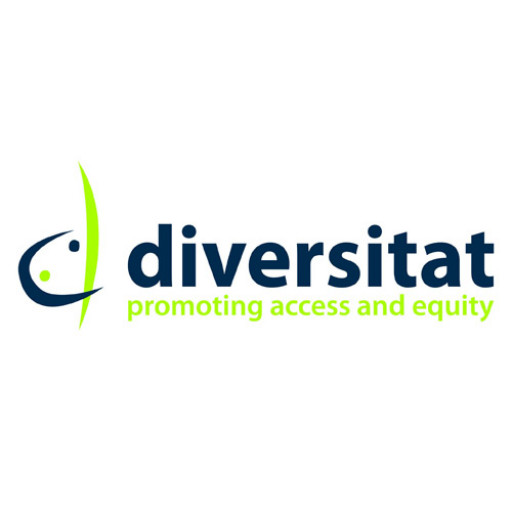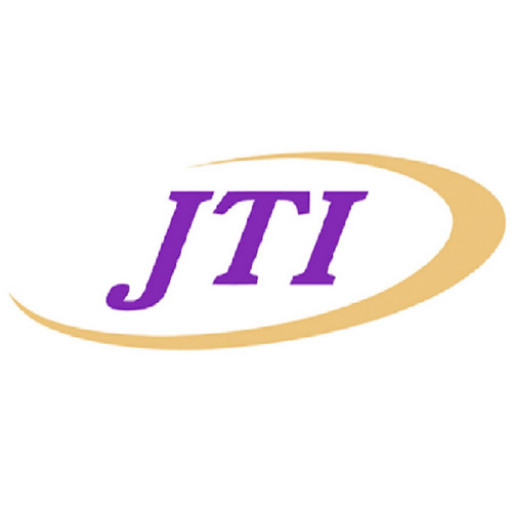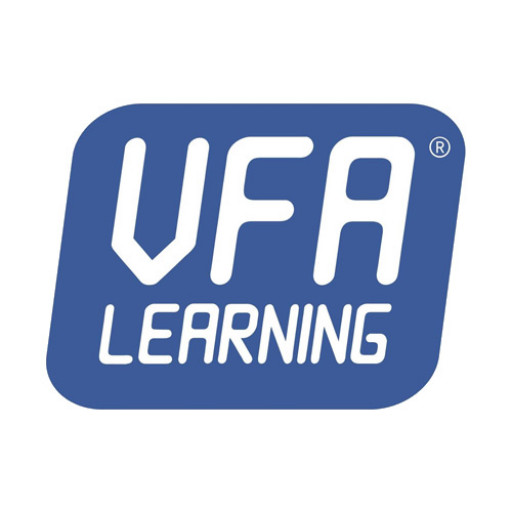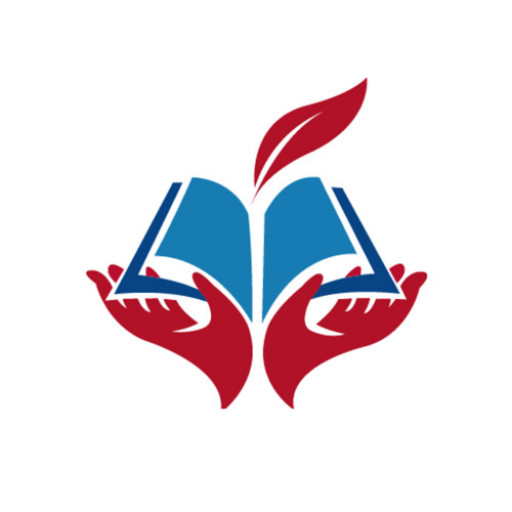This qualification reflects the function of workers in a range of early childhood education settings who work within the requirements of the Instruction and Care Services National Regulations and the National Quality Standard. They encourage the implementation of a licensed learning frame, and encourage children\u2019s health, learning and development. Depending on the surroundings, educators can work under direct supervision or autonomously.Under the Education and Care Services National Law (2011) the Australian kiddies \u2019s Education and Care Quality Authority (ACECQA) publishes lists of approved early childhood education and care qualifications and informationregarding regulatory standards here: www.acecqa.gov.au
Bachelor of Early Childhood Education and Care at TMG College Australia is a comprehensive program designed to equip students with the knowledge, skills, and practical experience necessary to excel in the early childhood education sector. The program focuses on developing a deep understanding of child development, learning theories, and contemporary teaching practices to ensure graduates can provide high-quality care and education to young children. Throughout the course, students will explore a wide range of topics, including developmental milestones, curriculum planning, inclusive education, health and safety, and family engagement.
The curriculum integrates both theoretical instruction and hands-on practical placements in early childhood settings, enabling students to apply their learning in real-world environments. This combination ensures that graduates are not only knowledgeable but also confident in their ability to work with children from diverse backgrounds and with various needs. The program emphasizes the importance of fostering a nurturing and stimulating environment that promotes children's social, emotional, physical, and cognitive development.
Students will also develop essential skills in communication, teamwork, and professional ethics, preparing them for a successful career in early childhood education. The program is designed to meet national standards and prepare graduates for employment as early childhood educators, childcare centre directors, family day care providers, and other related roles in the children’s services industry. Upon completion, students are equipped to pursue further study or begin their careers in this rewarding field, contributing positively to the growth and development of young children and supporting their families. With a focus on evidence-based practices and lifelong learning, the Bachelor of Early Childhood Education and Care at TMG College Australia aims to shape competent and compassionate educators committed to making a difference in children’s lives.
Program requirements for the Diploma of Early Childhood Education and Care at TMG College Australia typically include a combination of academic prerequisites, language proficiency, and practical experience. Applicants are generally required to have completed at least Year 12 or an equivalent secondary education to demonstrate the foundational knowledge necessary for further study. Proficiency in English is essential; therefore, international students must provide evidence of English language skills through accepted tests such as IELTS, with a minimum overall score usually around 5.5 to 6.0, or equivalent scores in other standardized tests like TOEFL or PTE.
In addition to academic and language requirements, prospective students may need to submit a resume or curriculum vitae outlining any relevant work experience or training in early childhood or related fields. While prior experience is not always mandatory, it can be advantageous and may facilitate the application process. Some courses may request a personal statement or interview to assess the candidates' motivation and understanding of early childhood education principles.
Furthermore, applicants are often required to undergo a Working with Children Check or police clearance to ensure they meet child safety and protection standards mandated by Australian law. This is crucial given the practical placement components inherent in the program, where students gain hands-on experience within licensed early childhood settings. The program itself combines theoretical coursework with practical placement, typically requiring students to complete a specified number of hours working in approved early childhood environments.
Prerequisite coursework in health and safety, child development, and educational methodologies may be covered during the program, but applicants are expected to have a basic understanding of these areas prior to or at the commencement of studies. Some courses may also require students to undertake a medical assessment to confirm they are fit to participate in placements involving physical activity and exposure to young children.
Overall, the requirements are designed to ensure that students are well-prepared academically, practically, and personally to undertake a career in early childhood education and care, emphasizing safety, communication skills, and a genuine interest in supporting young children's development and learning. For specific and current admission requirements, applicants should refer to the TMG College Australia official admissions guidelines or contact the college directly.
The Early Childhood Education and Care program at TMG College Australia offers a comprehensive approach to developing skills and knowledge necessary for a career in early childhood settings. The program is designed to equip students with practical and theoretical understanding of early childhood development, pedagogical techniques, and inclusive practices. Regarding financing studies, students have access to various options to support their education expenses. Tuition fees for this program are structured according to Australian national standards for vocational education and training (VET). Students are encouraged to explore government funding options such as Austudy and Youth Allowance if they meet the eligibility criteria, which can assist with living costs during the course. Additionally, Commonwealth Supported Places may be available for eligible domestic students, significantly reducing tuition fees. TMG College Australia also provides information about VET Student Loans, which enable eligible students to defer payment of their tuition fees until after graduation. This loan scheme helps make education more accessible by allowing students to spread the cost over time. International students, on the other hand, are required to pay full tuition fees upfront or through arrangements made with private lenders. Scholarships and financial aid programs may be available, although specific scholarship opportunities are limited and dependent on the institution's current offerings. Students are advised to actively seek external funding sources such as private scholarships, grants, or sponsorships from community organizations or employers. Moreover, part-time work opportunities are available on or near campus to help offset living expenses while studying. TMG College Australia emphasizes the importance of financial planning and recommends prospective students consult with their student advisors to understand all available options. In conclusion, financing studies in Early Childhood Education and Care at TMG College Australia involves a combination of government assistance, scholarships, loans, and personal financial planning, aiming to remove financial barriers and support students throughout their educational journey.
Early Childhood Education and Care at TMG College Australia is designed to prepare students for a rewarding career in the childcare and early education sector. The program provides comprehensive training and practical skills necessary to work effectively with young children, supporting their development and learning. The curriculum covers a broad spectrum of topics, including child development theories, health, safety, nutrition, and implementing educational programs that foster growth and learning in early childhood settings. Students also gain critical skills in communication, teamwork, and professionalism, which are essential for working with children, families, and colleagues within diverse environments.
The program emphasizes hands-on learning through work placements and practical assessments, allowing students to apply their knowledge in real-world settings and gain valuable industry experience. This practical component ensures graduates are well-equipped to meet the demands of the workforce upon completion. TMG College Australia promotes a student-centered approach, providing support and resources to help students succeed academically and personally.
Graduates of the program are prepared to work in various early childhood settings such as childcare centers, preschools, and family daycare services. The qualification aligns with national training packages and industry standards, often recognized for eligibility to apply for relevant regulatory requirements and certifications needed to work in this sector. The course provides pathways to further education and specialization in early childhood education or related fields, allowing learners to advance their careers.
TMG College Australia emphasizes quality education and adherence to the highest industry standards, ensuring that students receive a comprehensive learning experience. Additionally, the program may include online components to accommodate different learning needs and schedules. The college's experienced lecturers and industry professionals contribute to an enriching learning environment, supporting students throughout their educational journey.
Overall, the Early Childhood Education and Care program at TMG College Australia offers a robust foundation for individuals passionate about making a positive impact on children's lives and pursuing a dynamic career in early childhood education. The program's combination of theoretical knowledge and practical skills aims to produce competent, confident, and compassionate early childhood educators ready to contribute to the development of future generations.


